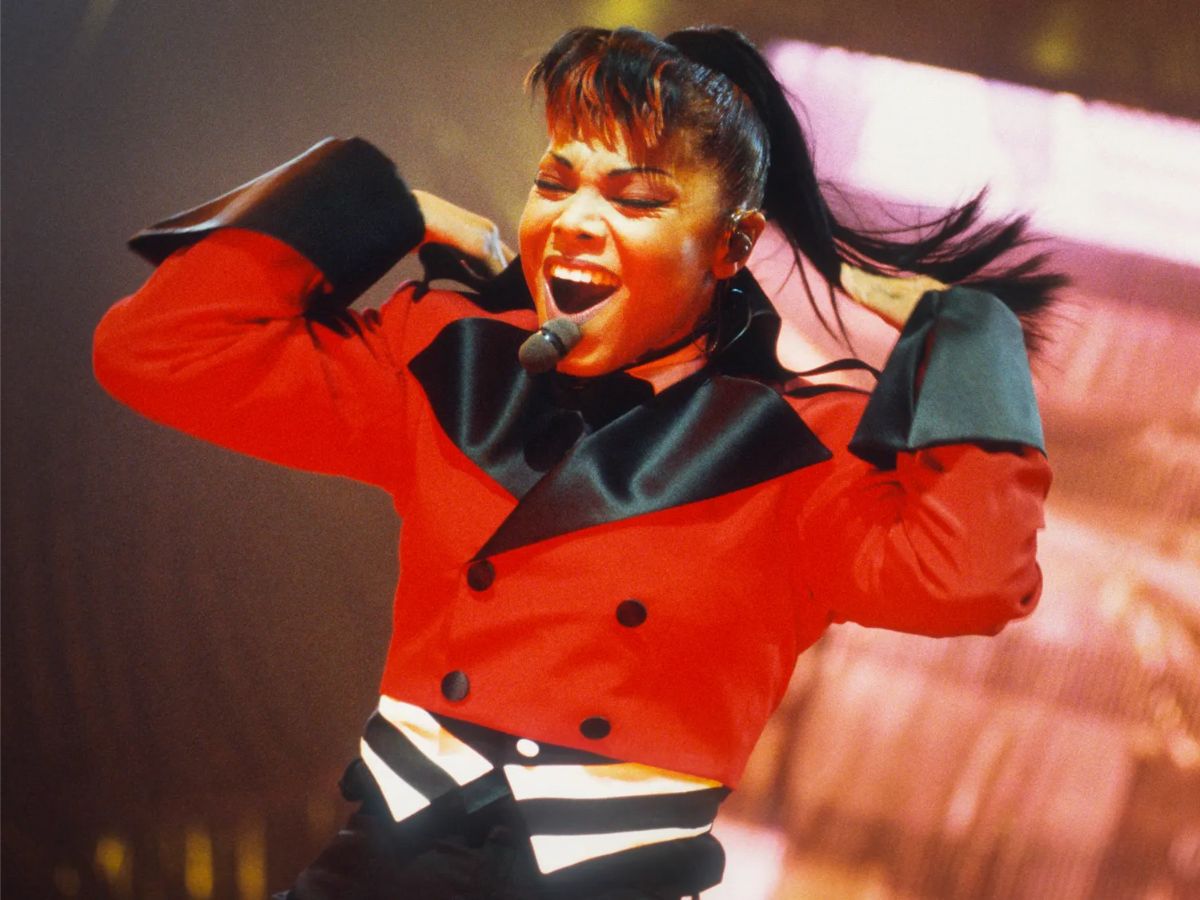
Ah, the 1980s: a decade where music wasn't just heard, it was experienced. This era brought us iconic sounds, unforgettable fashion, and the birth of music videos that transformed how we consumed music. But what makes 80s music so special? Beyond the catchy tunes and legendary artists, there are countless intriguing facts that capture the essence of this vibrant decade. From groundbreaking technological advancements to record-breaking hits, the 80s music scene was a melting pot of innovation and creativity. Whether you're a die-hard fan or a curious newcomer, diving into the world of 80s music reveals a fascinating landscape of sonic exploration. So, let's rewind the tape and uncover 24 facts about 80s music that made this decade truly unforgettable.
The Rise of MTV and Music Videos
In the 1980s, music wasn't just something you listened to; it became something you could watch. MTV, which stands for Music Television, launched on August 1, 1981, revolutionizing the music industry and how artists reached their audience. This new platform allowed musicians to promote their songs through music videos, making the visual aspect as important as the audio.
-
MTV's first music video was "Video Killed the Radio Star" by The Buggles, symbolizing the shift from radio to television as the main medium for music consumption.
-
Michael Jackson's "Thriller" music video was a game-changer. Released in 1983, it was more like a short film and set a new standard for music videos in terms of production value and storytelling.
The Synthesizer: Defining the Sound of the 80s
The 1980s music scene was heavily influenced by the sound of the synthesizer, an electronic instrument that could mimic various sounds and create unique electronic tones. This led to the emergence of new genres and transformed the soundscape of popular music.
-
Bands like Depeche Mode and The Human League were pioneers in using synthesizers, leading to the rise of synth-pop, a genre that dominated the charts in the 80s.
-
The Yamaha DX7, released in 1983, became one of the most popular synthesizers of the decade due to its affordability and the diversity of sounds it could produce.
Iconic Artists and Bands of the 80s
The 80s music scene was vibrant and diverse, with artists and bands that have become legends, influencing countless musicians and fans alike.
-
Madonna, often called the "Queen of Pop," rose to fame in the 80s with hits like "Like a Virgin" and "Material Girl," becoming a cultural icon for her music, fashion, and music videos.
-
Prince and his album "Purple Rain" showcased his eclectic mix of rock, R&B, pop, and funk, solidifying his status as a musical genius.
-
The British band The Police, led by Sting, was one of the biggest rock bands of the early 80s, known for their reggae-influenced rock sound.
The Impact of Live Aid
Live Aid was a dual-venue benefit concert held on July 13, 1985, and an unprecedented global television event. It aimed to raise funds for famine relief in Ethiopia, showcasing the power of music to unite people for a cause.
-
Organized by Bob Geldof and Midge Ure, Live Aid featured performances by some of the biggest names in music, including Queen, U2, and David Bowie, and raised over $125 million for famine relief.
-
Queen's performance at Live Aid is often hailed as one of the greatest live performances in the history of rock music.
The Emergence of Hip-Hop
While the 80s are often remembered for pop and rock, it was also a pivotal decade for the emergence of hip-hop as a mainstream genre.
-
The release of "Rapper's Delight" by The Sugarhill Gang in 1979 is credited with bringing hip-hop music to a wider audience, but it was in the 80s that hip-hop truly began to flourish.
-
Run-D.M.C.'s "Walk This Way," a collaboration with Aerosmith, broke down barriers between rock and hip-hop, reaching the top 5 on the Billboard Hot 100 in 1986.
The Power Ballad Era
Power ballads became a staple of 80s music, with rock bands and solo artists belting out emotional, anthemic songs that became the soundtrack for many proms, weddings, and radio sing-alongs.
-
"Total Eclipse of the Heart" by Bonnie Tyler and "Every Breath You Take" by The Police are prime examples of power ballads that achieved massive commercial success.
-
Guns N' Roses' "Sweet Child o' Mine" combined hard rock elements with a ballad-like chorus, becoming one of the most iconic songs of the decade.
The Influence of 80s Music Today
The influence of 80s music extends far beyond the decade, with many contemporary artists drawing inspiration from the sounds, styles, and innovations of the era.
-
Artists like Lady Gaga, The Weeknd, and Dua Lipa have incorporated 80s synth-pop elements into their music, proving the lasting impact of the decade's musical innovations.
-
The resurgence of vinyl records and cassette tapes in recent years reflects a nostalgia for the 80s and its distinctive music culture.
-
Soundtracks for movies and TV shows, such as "Stranger Things," have reintroduced 80s music to new generations, highlighting its timeless appeal.
-
The Rock and Roll Hall of Fame has inducted numerous artists from the 80s, acknowledging their contribution to music history and their enduring influence on the industry.
-
Fashion trends inspired by 80s music icons continue to resurface, demonstrating the decade's lasting impact on style as well as sound.
-
Cover bands and tribute acts dedicated to 80s music remain popular, allowing fans to experience live renditions of their favorite hits.
-
Music festivals and themed cruises that celebrate the 80s offer fans immersive experiences, showcasing the decade's music, fashion, and culture.
-
Social media platforms have enabled fans to share their love for 80s music, creating online communities centered around the decade's artists and songs.
-
Sampling of 80s hits in modern tracks is a testament to the decade's enduring influence, with artists across genres incorporating classic 80s sounds into new music.
-
The success of biopics and documentaries about 80s music stars and bands highlights ongoing interest in the stories behind the era's most iconic figures.
-
The 80s music scene's emphasis on innovation, from the rise of music videos to the integration of electronic instruments, continues to inspire musicians and producers today, ensuring the decade's legacy lives on in the music industry.
A Final Note on 80s Music Magic
80s music wasn't just about catchy tunes and big hair. It was a revolution that changed how we experience music today. From the introduction of MTV to the rise of iconic artists like Michael Jackson and Madonna, this era left an indelible mark on the music industry. Synthesizers and drum machines became household names, crafting sounds that still resonate with us. Bands like The Smiths and The Cure brought alternative rock to the forefront, influencing countless artists. Let's not forget the power ballads and stadium anthems that had everyone holding up lighters. As we look back, it's clear that 80s music was more than a decade of songs; it was a cultural phenomenon that bridged the gap between generations. Its legacy lives on, not just in playlists but in the way it shaped the music landscape forever.
Was this page helpful?
Our commitment to delivering trustworthy and engaging content is at the heart of what we do. Each fact on our site is contributed by real users like you, bringing a wealth of diverse insights and information. To ensure the highest standards of accuracy and reliability, our dedicated editors meticulously review each submission. This process guarantees that the facts we share are not only fascinating but also credible. Trust in our commitment to quality and authenticity as you explore and learn with us.


